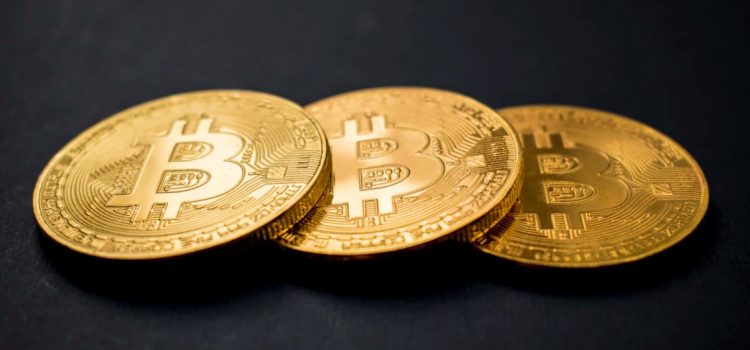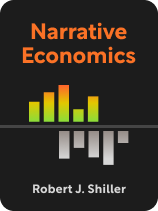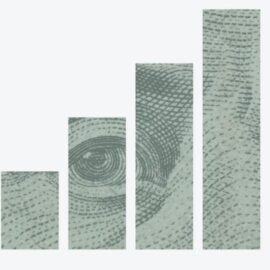

This article is an excerpt from the Shortform book guide to "Narrative Economics" by Robert J. Shiller. Shortform has the world's best summaries and analyses of books you should be reading.
Like this article? Sign up for a free trial here.
Do you own Bitcoin or other cryptocurrency? Is investing in Bitcoin a good idea?
According to Robert Shiller, Bitcoin provides an excellent example of the power of an economic narrative. He explains the fascinating Bitcoin narrative within a larger discussion of how we understand and predict economic behaviors in a qualitative rather than quantitative way.
Read more to learn about the Bitcoin narrative and why it’s compelling to so many.
Robert Shiller: The Bitcoin Narrative
According to Robert Shiller, Bitcoin and other cryptocurrencies serve as an example of how narratives shape economic events and behaviors. These digital assets surged in value and popularity in 2020 and 2021, captivating the imagination of investors worldwide. However, the value of cryptocurrencies is not solely, or even primarily, determined by their intrinsic properties; rather, that value is intricately tied to the narratives that envelop them. Those narratives make people want to own Bitcoin, which drives up the bidding war, which then enhances the narrative about their allure and value.
According to Shiller, investing in Bitcoin allows people to craft a compelling narrative about the world and their role within it. The unregulated, decentralized nature of cryptocurrencies like Bitcoin appeals to a libertarian, independent, and anarchic desire to reject the authority of governments and big banks. This appeal gained traction in the aftermath of the 2008 financial crisis, a period marked by a decline in trust in traditional financial institutions. Additionally, writes Shiller, many people view cryptocurrencies as a way to earn income passively—offering an alternative to a traditional job in a globalized economy that many see as distorted by mass inequality.
(Shortform note: Some commentators back up Shiller’s view that crypto is inherently narrative-based. In particular, some argue that the value of cryptocurrencies depends largely on the beliefs and narratives that future investors have about these assets. Specifically, they write that Bitcoin is valuable only because of the expectation that someone else will be willing to buy it from you at a higher price in the future. In investing, this is known as the “Greater Fool Theory”—that you can profit even when you buy overpriced assets because you can, in turn, sell them off to a “greater fool” who’s willing to pay even more for them.)
| The End of the Regulation-Free Crypto Dream? Although, as Shiller writes, crypto enthusiasts see their investments as a way to earn wealth and passive income while avoiding government regulation, some commentators argue that regulation and oversight will inevitably change how these cryptocurrencies operate. Within the financial community, there’s a growing recognition that these technologies are too significant to be solely governed by private entities and market forces. According to this argument, cryptocurrencies and the blockchain technology that serves as their foundation have expanded beyond their original vision as decentralized peer-to-peer systems. In particular, they’ve begun to intersect with traditional financial institutions and governments, raising questions about their impacts on economic stability, security, and privacy. Furthermore, there are increasing demands for government intervention and regulation to address the potential risks associated with cryptocurrencies, such as money laundering, fraud, and market manipulation. While the initial appeal of cryptocurrencies was their independence from central authorities, many experts argue that their increasing integration into the mainstream financial system necessitates government oversight to safeguard the public interest. |

———End of Preview———
Like what you just read? Read the rest of the world's best book summary and analysis of Robert J. Shiller's "Narrative Economics" at Shortform.
Here's what you'll find in our full Narrative Economics summary:
- How human beliefs and actions, not statistics, drive economic outcomes
- The factors that contribute to the spread of economic narratives
- The significant economic consequences of the American Dream






